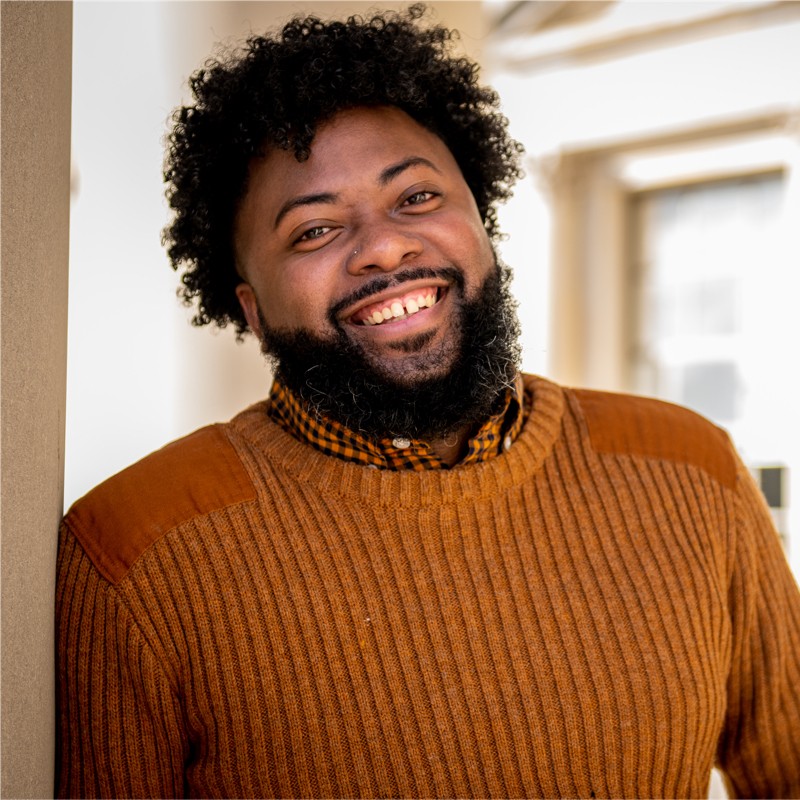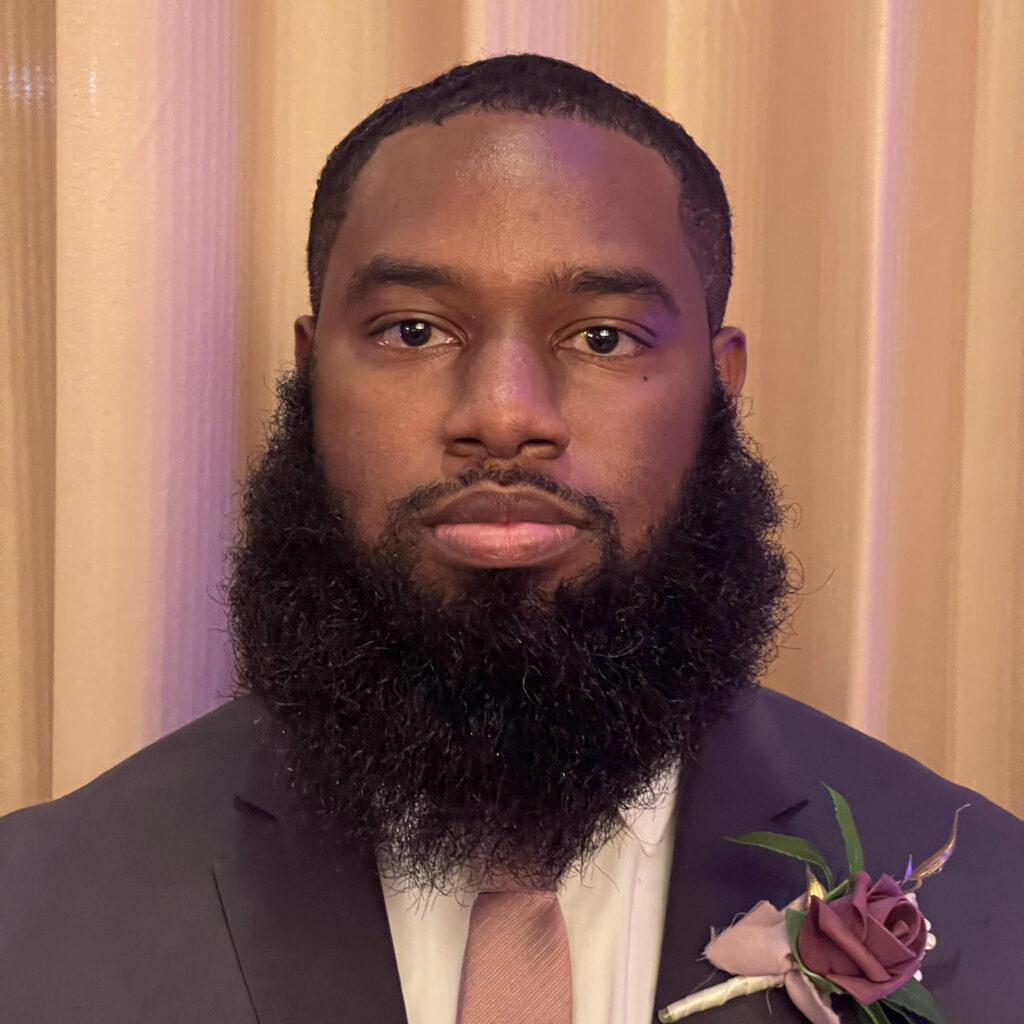
Antione D. Tomlin, PhD, PCC
Associate Professor + Chair of the Academic Literacies Department
Anne Arundel Community College

D’Shaun Vance, EdD
Academic Affairs
School of Medicine and Health Sciences at George Washington University
Obtaining a doctoral degree is no small feat, and building connections and professional relationships can be equally daunting and exhausting. Here, we outline tips for helping doctoral students and candidates develop and maintain lasting professional relationships. We note that these are just some strategies and tips doctoral candidates can explore. Additionally, we welcome more suggestions and advice for what works for doctoral candidates and recent graduates. Review the bottom of this post for how to join and continue the conversation.
Perspectives from a Recent Doctoral Candidate, Dr. Vance.
Tip #1:
As a recent doctoral candidate who started their program online due to COVID-19, it was extremely difficult to build relationships, but not impossible. What worked for me was meeting with my professors outside of class hours to further discuss my interests, experience, and how they could help me navigate the higher education field, which is much larger than one can imagine. In these meetings, they would share their networks with me, introducing me to their colleagues who they felt would have an impact on my career trajectory. In these meetings is also where I was given a sneak peek or further look into speakers coming to class or who have already been to class to be introduced separately for more questioning and in depth conversations. These conversations have led to job opportunities, conference presentations, and relationships I am now cultivating on a consistent basis. As professionals, we can help each other. Just because you are/were a student does not mean your knowledge and experience is not valued; you just have to be intentional about putting yourself in spaces so your voice can be heard and seen as a value add.
Tip #2:
Conferences! If your program or professors are not pushing you to go to and attend conferences, please take this as your push! Prior to the pandemic, I had not attended any higher education conferences, but knew I should have been. I joined some professional organizations, but skipped the conference portion. At conferences is where my knowledge expands and networks grow. There can guarantee there are people from all types of institutions you interact with and start to find a needed connection. There are instances where you can help them solve a problem or vice versa. Going to conferences is a definite way to build a professional network. The key: do not be scared to talk to people. If you are attending with your institution/organization, try to sit with other groups during meal times to further conversations on topics either being discussed at the conference or pain points in your operations to get outside perspectives and thoughts.
Perspective from a Full-Time Faculty Member and Dissertation Advisor, Dr. Tomlin
Tip #3
Fail Fabulously! This goes for all relationships. Be it romantic, platonic, mentorship, or relationship with your dissertation or doctoral project, lean into failing fabulously. Graduate students, particularly doctoral students, often feel they know everything. This feeling of thinking you need to know everything can create a lot of anxiety and stress throughout the doctoral journey. So, fail fabulously. This is the notion that we will not know everything, which is okay. It is not about the mistakes we make during the journey but what we do with the lessons learned from the errors that matter most. Furthermore, I am not saying to fail literally; I am saying to hold your journey lightly and be open to learning from all challenges and mistakes made. This is one of the ways to fail fabulously.
Tip #4
Give 110% to what you say yes to! Your word is your bond, and your bond is your reputation. Be mindful of what you are committing and saying yes to. AND, when you do say yes, be sure to give 110%. You never know how your work may reach rooms, people, and places before you. You always want to put your all into your commitment, as your work will speak for you when no one else is around. So, do not overcommit; give your all to what you commit to. Your work ethic, personality, and research/scholarly work are what may attract many relationships before others even know your name. Remember, always put your best foot forward.
Have anything to add? Feel free to continue the conversation with us on Twitter: @TomlinAntione
Authors Bios:
Antione D. Tomlin, PhD, PCC is a tenure-track Associate Professor + Chair of the Academic Literacies Department at Anne Arundel Community College. Dr. Tomlin is also an ICF Certified Life Coach.
D’Shaun Vance, EdD, manages Academic Affairs in the School of Medicine and Health Sciences at George Washington University. Dr. Vance is also an up and coming speaker in the area of Academic Advising.
Any opinions, findings, conclusions, or recommendations expressed in this material are those of the authors and do not necessarily reflect the view of Interfolio.
Get a Demo for Your College or University
Find out why the Interfolio platform is so popular among leading institutions.
